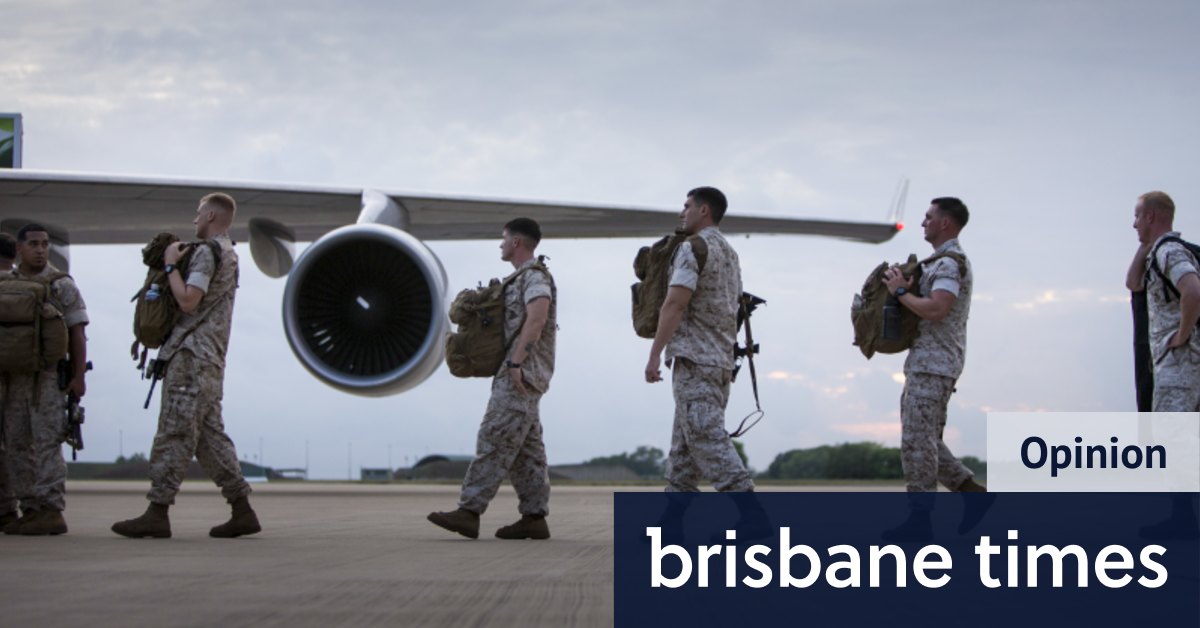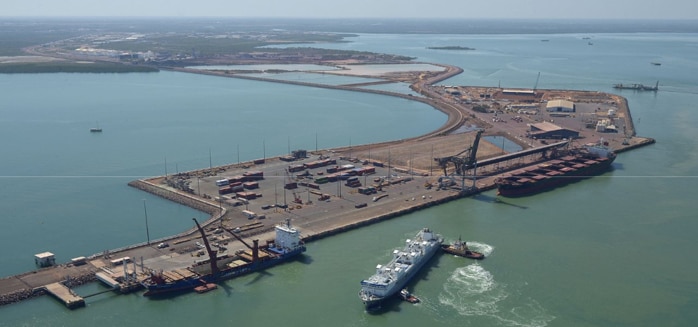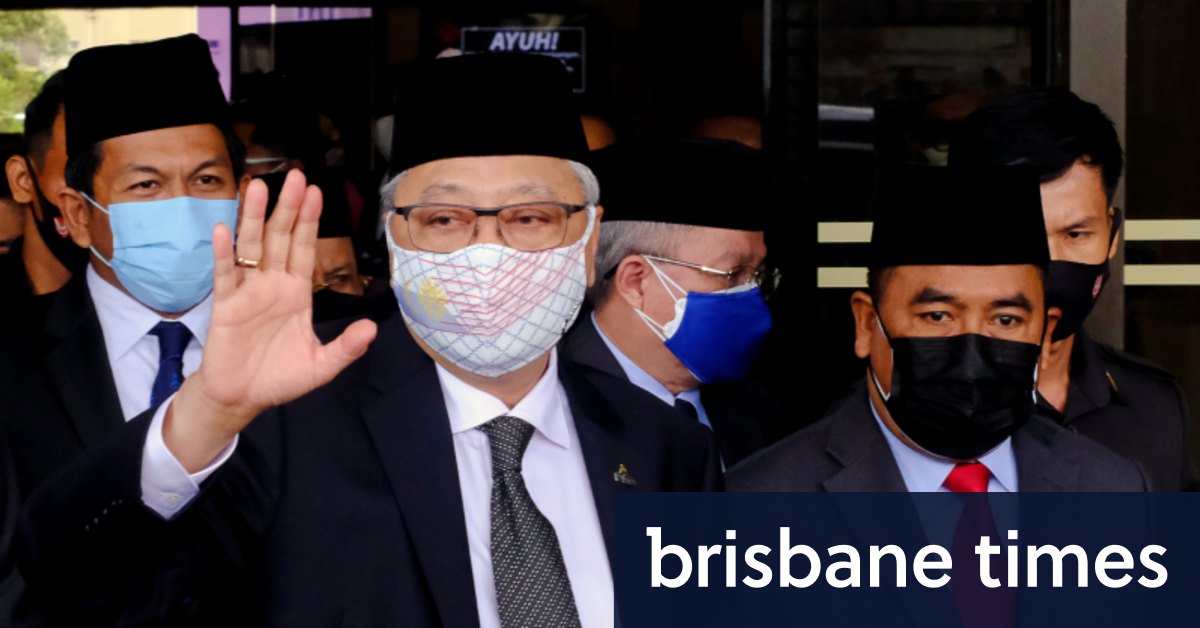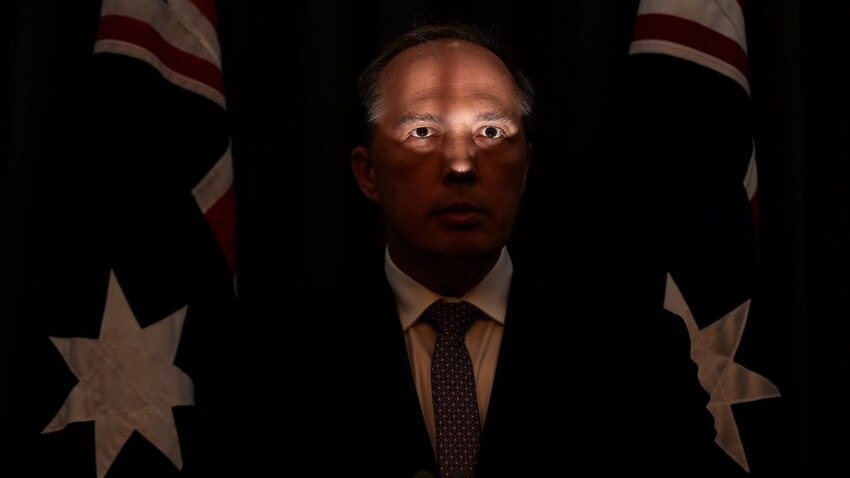
Canberra needs to commission a document for the national security committee of cabinet that scripts our leaders to press Washington and Beijing on the practical measures that would avoid a descent into war.

Canberra needs to commission a document for the national security committee of cabinet that scripts our leaders to press Washington and Beijing on the practical measures that would avoid a descent into war.

John Coyne from the Australian Strategic Policy Institute said the 99-year lease of the Darwin Port to Landbridge could prove an impediment to the allies' military expansion plans.

“ASEAN governments are acutely aware of that and are worried that external powers are creating new architecture that doesn’t include them like the Quad and potentially AUKUS too

It is extraordinary that this momentous decision could be made without parliamentary or public scrutiny.

Australia’s defence minister says Aukus pact makes region safer and ‘no amount of propaganda can dismiss the facts’